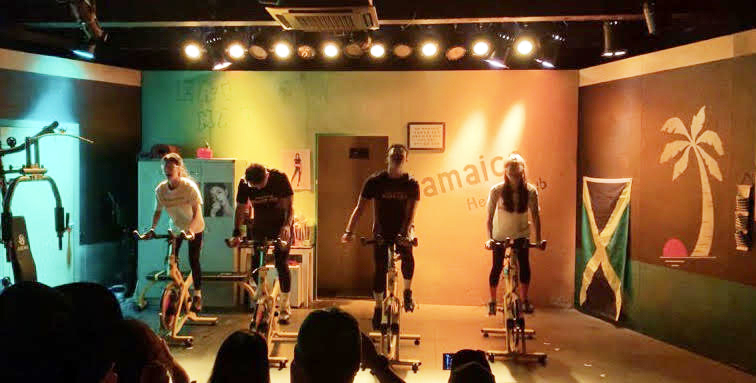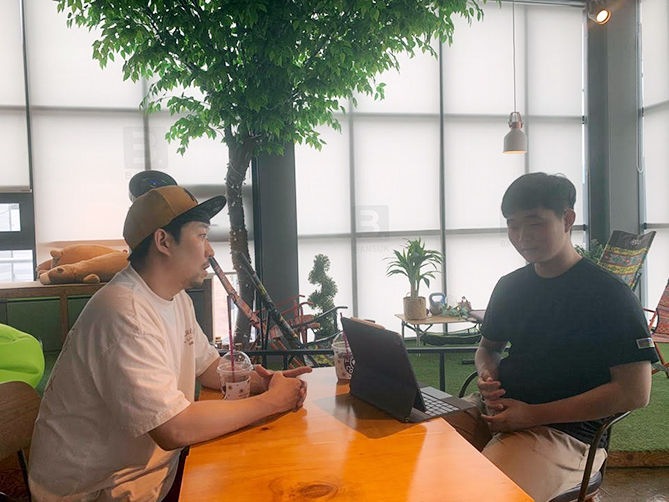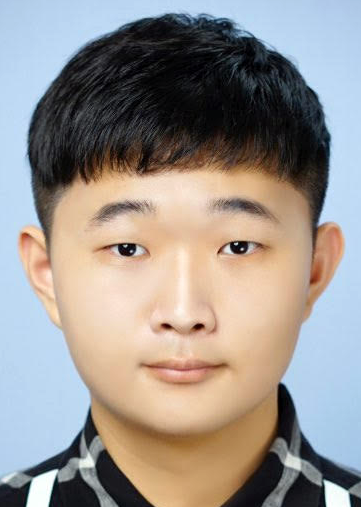Daehak-ro (or “University Street” in Korean), a street in Hyehwa, Seoul, was literally a street with many universities. With a high concentration of students, the street attracted numerous theaters for movies, music, musicals, and plays, making it a center of Korean arts and culture. Among the many types of arts and culture offered here, plays are the most popular.
However, as COVID-19 has stopped people from gathering in indoor spaces with poor ventilation, theater companies are having a hard time.
On August 9, I visited Daehak-ro. The usually crowded street was quieter than I had ever seen it before. Before COVID-19, the plays were also attracting smaller and smaller audiences due to their poor facilities, but the pandemic made the situation even worse.
I went to watch a three-year-old play called “Jamaica Health Club.” Because of the play’s popularity, the performers originally staged their play twice a day on weekdays and three times a day on weekends. However, the small audiences forced them to stage their performance only on weekends (twice). There were approximately 30 people in the audience on the day I watched the play. According to an official of the company, 30 people is approximately one-fourth the size of the typical audience.

Byung-gyu Yoo, the CEO of the company that runs “Jamaica Health Club,” says that some actors and actresses are now making ends meet by working part-time jobs, such as food-delivery driver. Through an interview with Yoo, I was able to gain some insight into the situation.

According to Yoo, the main reason for the small audiences is people’s perception of theaters. As the government and media designated theaters as “high risk,” people are no longer willing to watch plays there. He added that it might be very difficult to change such view of theaters in the future.
To overcome this, Yoo says that his company is following the quarantine regulations and operating the plays safely. He also says that he hopes the media will show that they are trying their best to make their plays safe. He mentioned the “disaster support aid,” that people have received, and that he wants people to use the aid to enjoy cultural activities such as plays.
With its theaters offering tickets at relatively low prices, Daehak-ro is a street where not only teenagers but also seniors can enjoy culture. It’s also a place where rookie actors and actresses start their careers. That is why many workers in the performing arts are worried about the current situation.
Experts say that many things will change in post-corona era. For instance, many theater companies have already closed down, which will change the performing arts market as a whole.
Now, companies and actors are facing the greatest challenge they have ever encountered. To protect the future of Korean performing arts, it seems like people’s interest in plays is needed.

Shinyong Park
Grade 11
Korea International School Jeju Campus

